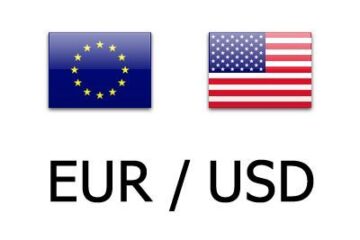Morgan Stanley’s Michael Wilson said the S&P 500’s fair value is 4,000, which would mean a 10% drop from the recent level.
Morgan Stanley equity strategists, led by Michael Wilson, issued a bearish call on stocks Monday, while Goldman Sachs strategists, led by David Kostin, were mixed.
As for Wilson, he wrote in a commentary, “S&P 500 fair value remains closer to 4,000 tactically.” That would represent a 10% fall from its recent level of 4,466.
Anticipation of interest rate hikes by the Federal Reserve has pushed stocks down in recent week. “The Fed’s likely tightening path is an aggressive one,” Wilson said. “Our work shows that tighter Fed policy brings lower returns and greater uncertainty for equities.”
Further, “We think returns are likely to be even lower during this tightening cycle (i.e., negative) because the Fed is going to be tightening into a macro and earnings growth slowdown that’s about more than just omicron.”
As for the growth slowdown, “we believe the drivers are a payback in demand from overconsumption in 2021, coupled with cost pressures (especially on the labor side) that remain persistent through the first half of 2022,” Wilson said.
“We think the market has yet to fully process these dynamics, which should prove to be the drivers of the next leg to 4,000.”
As for the central bank, “a Fed that’s focused on inflation … increases the likelihood that we see aggressive tightening directly into this growth slowdown—a further negative for equity prices, even if the economy remains on solid footing overall,” Wilson said. Many investors and economists expect at least five Fed rate hikes this year.
“Bottom line: we remain uninspired by last week’s price action at the index level, despite strong earnings prints and resilient retail participation,” Wilson said. “We remain sellers of rallies and of the belief that the volatility and intra-day swings we are seeing are classic bear market action.”
Economic Slowdown ?
Turning to Kostin, on the bearish side, “our year-end S&P 500 target of 5,100 reflects a full-year price return of 7% and a 15% gain from today’s level, but risks appear tilted to the downside,” he wrote in a commentary.
“When we published our outlook in November, our economists expected two fed funds hikes in 2022 compared with four today.”
Further, “while valuations have been the key driver of the sell-off, recent rotations indicate additional concerns about the growth outlook. During the past two weeks, cyclical stocks lagged defensives,” Kostin said.
“Our conversations with investors have similarly revealed concerns that tightening financial conditions could lead to a slowdown in economic activity beyond the deceleration already embedded in estimates. Mixed corporate guidance from early in the earnings season has contributed to these fears.”
But on the bullish side, “from a historical perspective, S&P 500 corrections are typically good buying opportunities if the economy is not entering into recession,” Kostin said.
He cited 33 S&P 500 corrections of 10% or more since 1950. The median correction lasted about five months and saw a peak-to-trough decline of 18%.
“An investor buying the S&P 500 10% below its high, regardless of whether it was the trough, would have gained a median return of 15% during the subsequent 12 months,” with a positive return 76% of the time, Kostin said. “Corrections rarely turn into bear markets, unless the economy is heading into a recession.”
He noted that 12 of the 33 corrections since 1950 took place within a year prior to a recession. “During the 21 non-recession corrections, the S&P 500 typically fell by 15%. A decline of that magnitude today would place the S&P 500 at roughly 4,100,” Kostin said.


